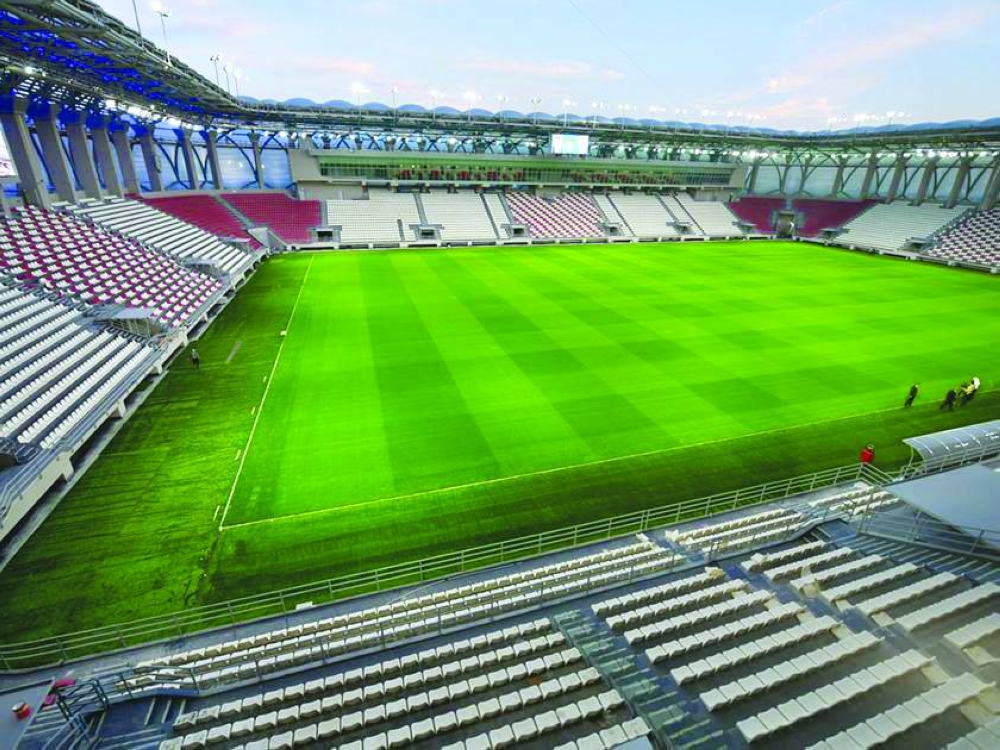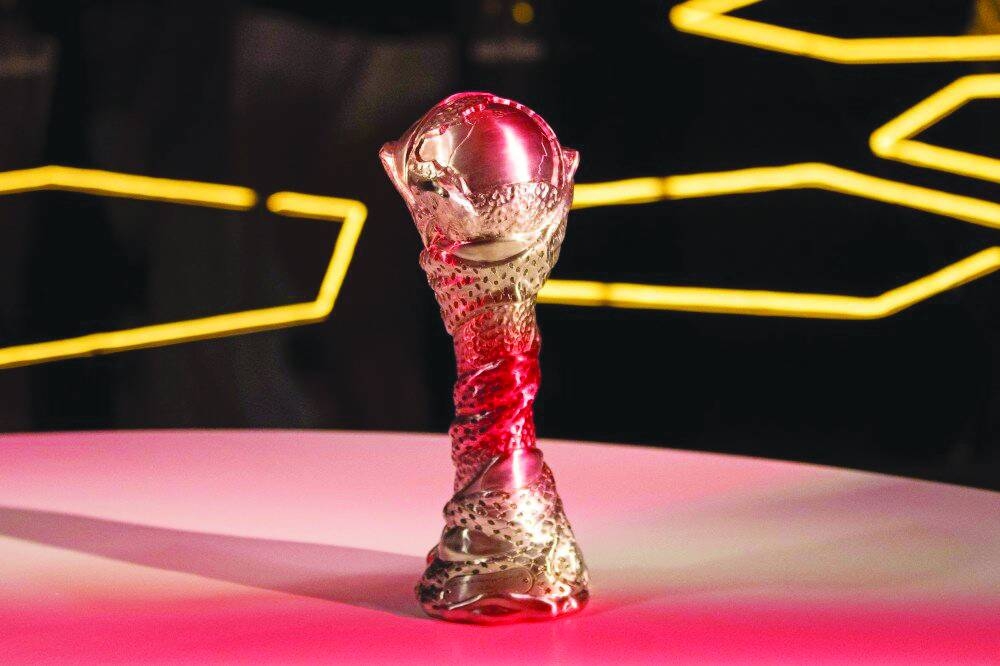The organising committee of the 26th edition of the Arabian Gulf Cup – to be held in Kuwait for a fifth time – confirmed full readiness of the host country for the tournament and revealed that two stadiums – Jaber International Stadium in Kuwait City and the newly-built Jaber Al Mubarak Al Sabah Stadium in Sulaibikhat – will stage the matches for the tournament.
The Gulf Cup “26” is scheduled to be held from December 21 to January 3, 2025, with the participation of eight teams divided into two groups.
Group A includes the hosts Kuwait, along with Qatar, the United Arab Emirates and Oman while Group B comprises defending champions Iraq, Saudi Arabia, Bahrain, and Yemen.
The Jaber International Stadium will stage the opening match between Kuwait and Omani on December 21.
The final match, scheduled for January 3, 2025, will also be held at the same venue. The stadium will host a total of eight matches during the tournament. Jaber International Stadium was officially opened on December 18, 2015, with an exhibition match between world stars and the Kuwaiti national team.
The stadium’s capacity is 60,000 and it is the largest stadium in Kuwait. It previously hosted some matches of the 23rd Gulf Cup in 2017, including the final which was won by Oman for their second title in defeating UAE 5-4 on penalties following a goalless draw in regular and extra time.
The Jaber Al Mubarak Al Hamad Al Sabah Stadium was built in Sulaibikhat and was officially opened on December 11, before being inaugurated with a match between Kuwait SC, the league champions, and Sulaibikhat on Sunday.
The stadium is scheduled to host the first match at the international level when it hosts Qatar and UAE in the first round of “Gulf 26” championship on December 21.
A total of 7 matches are scheduled to be held at Jaber Al Mubarak Al Sabah Stadium throughout the tournament including one semi-final on December 31.
Jaber Al Mubarak Al Sabah Stadium, the newest stadium in Kuwait, has been designed to provide the best possible viewing experience for fans with seats close to the playing field.
The stadium’s capacity is 15,000 and it features a sea view and a unique design inspired by international football stadiums.
The stadium’s exterior is shaped like a seashell and is covered with multi-coloured exterior lighting.
The two tournament stadiums have been specially prepared to host the matches, and the stadiums’ readiness was confirmed during the inspection tours carried out by the Inspection Committee of the Arabian Gulf Cup Federation which thoroughly checked the playing field grass, lighting, screens, training grounds, and providing all the necessary facilities for work teams and media.
The 26th Gulf Cup is expected to be a great success, given the good preparations made by Kuwait, as a large number of fans are expected to witness one of the most prominent sporting events in the region.
The Gulf Cup will be staged in Kuwait for a fifth time after hosting the third edition in 1974, the tenth edition in 1990, in addition to the 16th tournament held in 2003, and then the 23rd edition in 2017.
The Arabian Gulf Cup Football has enjoyed a lot of interest and special status among Gulf fans since its launch nearly 55 years ago, specifically in 1970 when the first edition was held in Bahrain.
Kuwait are the most successful team having won the Cup ten times, the last of which was in the 20th Gulf Cup held in Yemen in 2010, while Iraq have won the title four times, the last of which was “Gulf 25”, held in Basra in 2023.
Qatar and Saudi Arabia have won the title three times each, followed by UAE and Oman (twice), and Bahrain, who won the 24th Gulf Cup held in Doha in 2019.
Meanwhile, Qatar former international player Raed Yaqoub has called on Al Annabi to make the most of the Gulf Cup in Kuwait to iron out flaws and to achieve top form with the presence of stars like Akram Afif and Almoez Ali.
The Gulf Cup will help Qatar build a fighting unit ahead of their remaining 2026 World Cup qualifiers, he said.
“The Gulf Cup is often not subject to prior expectations, and its matches are accompanied with matches played with great competitive spirit and decided by small details and individual abilities. The games at the Gulf Cup are more intense than other tournaments,” said Yaqoub.
Sport
Kuwait set to host Arabian Gulf Cup at two venues
Qatar and Saudi Arabia have won the POPULAR TOURNAMENT three times each


